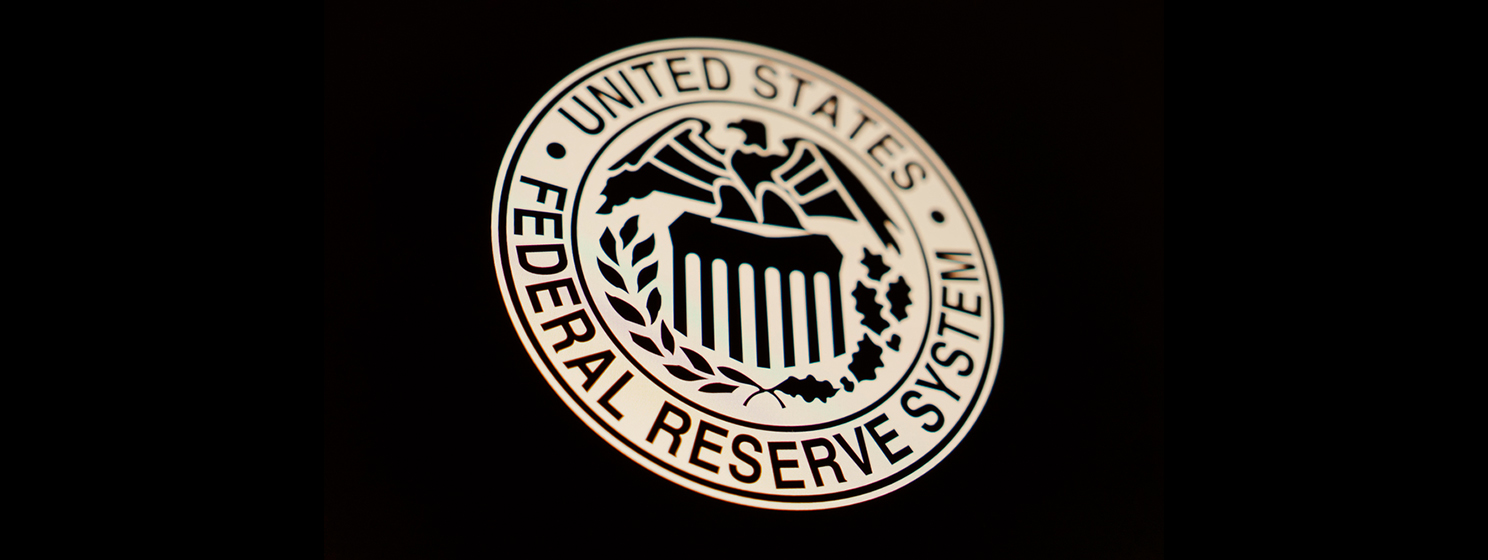|
Getting your Trinity Audio player ready...
|
The U.S. Federal Reserve has slapped down a crypto-friendly bank in Texas, while other banks urged the Fed not to grant Wyoming’s crypto-friendly Custodia Bank access to the Fed’s master accounts.
On September 4, the Board of Governors of the Federal Reserve System issued a cease & desist order against the United Texas Bank (UTB) in Dallas. The order followed an investigation by the Texas Department of Banking that began in May 2023 and “identified significant deficiencies in the Bank’s corporate governance and oversight by the Bank’s board of directors and senior management.”
Said deficiencies were “related to foreign correspondent banking and virtual currency customers, specifically risk management and compliance with applicable laws, rules, and regulations relating to anti-money laundering, including the Bank Secrecy Act.”
UTB has been given 90 days to submit a plan for how it will improve its compliance game. The bank has been given 60 days to show that it will comply with regulations issued by the Treasury Department’s Office of Foreign Assets Control (OFAC), which monitors compliance with U.S. economic sanctions against foreign individuals/entities.
UTB’s past ‘crypto’ clients include Circle, the Boston-based issuer of the USDC stablecoin, and the Stellar Development Foundation, which operates an open-source blockchain focused on cross-border remittances. In 2021, Stellar Development was rumored to be teaming up with a private equity firm to acquire Moneygram International, one of America’s largest money transfer businesses. UTB was the settlement bank for Circle and MoneyGram.
This is the second action the Fed has taken against a crypto-friendly bank in less than a month, following the enforcement action against Customers Bank and its “blockchain-based 24/7/365 digital payment solution” known as CBIT (Customers Bank Instant Token). Circle was also a Customers customer, along with exchanges such as Coinbase (NASDAQ: COIN), Gemini, and Kraken, as well as numerous other digital asset firms.
Long odds for Caitlin
Custodia Bank CEO Caitlin Long tweeted her reaction to the UTB order, saying, “ANOTHER CRYPTO BANK, ANOTHER ENFORCEMENT ACTION…”
Custodia is one of several crypto-focused entities that have been granted special-purpose depository institution (SPDI) status in Wyoming, but no SPDI has yet been granted membership in the Federal Reserve System. Access to the Fed’s master accounts would ensure that Custodia customers’ deposits are protected by the Federal Deposit Insurance Corporation (FDIC).
The Fed’s January 2023 rejection of Custodia’s application singled out the bank’s desire to “engage in novel and untested crypto activities,” which the Fed believes present “significant safety and soundness risks” that “are highly likely to be inconsistent with safe and sound banking practices.”
Custodia sued the Fed over delays in the Fed processing the bank’s application, but Judge Scott Skavdahl of the U.S. District Court for the District of Wyoming upheld the Fed’s rejection this spring. Skavdahl rejected Custodia’s assertion that the rejection was arbitrary and capricious and ruled that Custodia was not automatically entitled to a master account based on its SPDI status.
Custodia appealed the ruling to the Tenth Circuit Court of Appeals and last week saw a flurry of amici curiae filings, including one by 11 Federal Reserve Banks that says Custodia’s argument “would strip Federal Reserve Banks of a critical authority necessary to both manage their own risks and to carry out the central bank’s statutory mandate to promote the safety and stability of the U.S. financial system.”
The 11 banks call attention to Fed guidelines that require approved banks to ensure they’re not providing accounts and services to institutions that might “create undue risk to the overall economy by facilitating activities such as money laundering, terrorism financing, fraud, cybercrimes, or other illicit activity.” Oh, hello, crypto… were your ears burning?
The 11 banks also note Treasury’s warning that “novel business models can be especially susceptible to fraud, terrorist financing, or other criminal transactions.” The banks allow these risks to be “not specific to the crypto industry,” but the banks “have already seen how providing certain financial institutions with master accounts could facilitate money laundering and other illicit activities.”
Similarly, opposing briefs were filed by the American Bankers Association, the Consumer Bankers Association, the Independent Community Bankers of America, the Bank Policy Institute, and The Clearing House Association. The Wyoming Bankers Association has indicated its intention to file a brief supporting Custodia but apparently hasn’t gotten Custodia’s permission yet.
No surprises, please
Custodia’s Long told DL News that the opposition briefs came as “no surprise” and confirmed Custodia’s belief that “both protectionist practices and regulatory capture exist in the banking industry.”
Last month, Custodia laid off nine of its 36 employees in a bid to keep its fiscal lights on while it hopes for a reversal of fortunes in the Tenth Circuit. Referencing the popular crypto conspiracy theory of Operation Choke Point 2.0 aimed at cutting off digital asset financing, Long told Fox Business that two of Custodia’s partner institutions had become sufficiently skittish about federal blowback that they ended their relationships with the bank.
Custodia’s appeal has some heavy legal hitters behind it, including Paul Clement, former U.S. solicitor general under President George W. Bush, and Barack Obama’s former solicitor general Don Verrilli. The latter wrote a brief on behalf of the Blockchain Association in July that made numerous references to Operation Choke Point 2.0 in defending Custodia’s desire for master account access.
Verrilli argued that there was “no legal basis, and no sound policy justification, for treating companies in the digital asset ecosystem as pariahs and forcing them to operate without access to the national banking system and the regulatory frameworks that govern it.”
One wonders if there’s an Operation Choke Point 3.0 that cuts off the oxygen to the brains of high-priced attorneys once they cash some crypto checks…
Watch: Breaking down solutions to blockchain regulation hurdles

 03-04-2026
03-04-2026 




